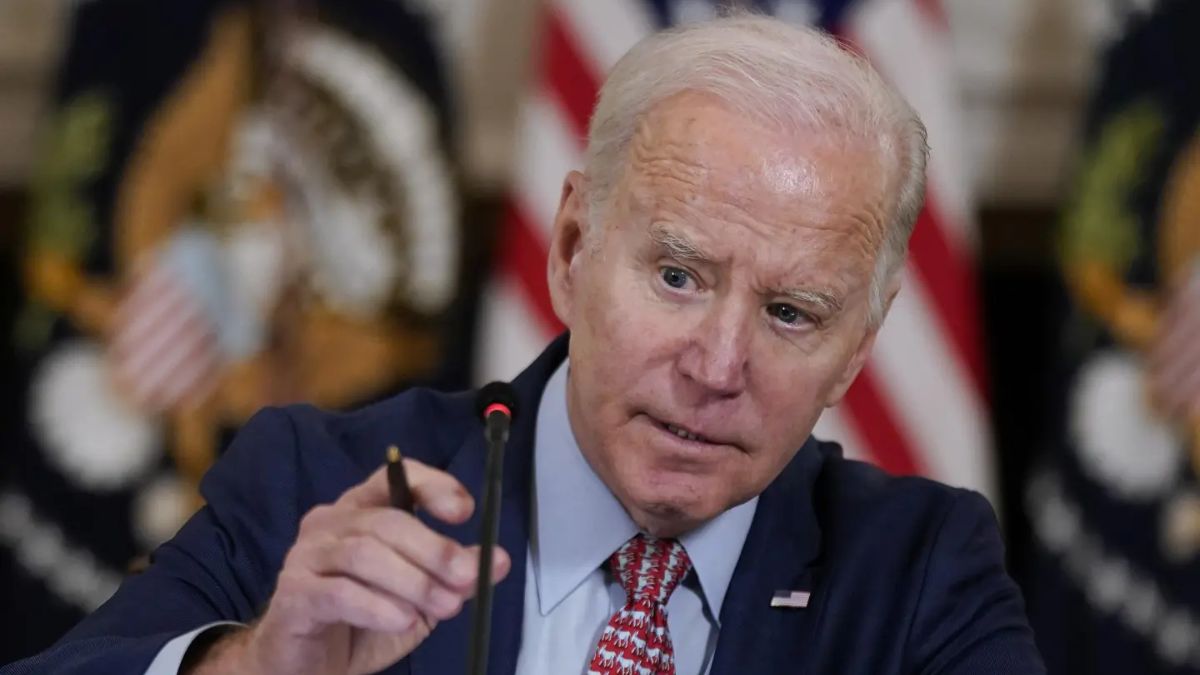Former US President Joe Biden made history when he announced that he would not be running for a second term on July 21, 2024. The announcement was a result of his disastrous performance at the presidential debate with Republican candidate Donald Trump.
If you are a history geek who loves to learn about important events from the past, Firstpost Explainers’ ongoing series, History Today , will be your one-stop destination to explore key events.
On this day in 1861, the first Battle of Bull Run was fought. This was the first major land battle of the American Civil War.
Here are some of the events that took place on this day across the world.
Biden ended his reelection bid
On July 21, 2024, then- President Joe Biden officially announced the end of his bid for re-election in the 2024 United States presidential election. This pivotal decision came after growing concerns within his own Democratic Party regarding his age and a widely criticised performance in a presidential debate against Republican frontrunner Donald Trump in June 2024.
At 81 years old, Biden faced mounting pressure from fellow Democrats, many of whom publicly urged him to step aside to ensure the party had the strongest possible candidate for the November election. His withdrawal, coming less than four months before Election Day, marked a historic moment in modern US political history. This was the first time an incumbent president had ended a re-election campaign before Election Day since Lyndon B Johnson in 1968.
Immediately following his announcement, President Biden endorsed Vice President Kamala Harris as his successor for the Democratic nomination. Harris quickly launched her own presidential campaign that same day and rapidly garnered enough delegate support to replace Biden as the presumptive Democratic nominee.
Biden’s decision, while jarring to some, was framed as being in the “best interest of my party and the country” to allow him to focus solely on his duties as president for the remainder of his term. This event fundamentally reshaped the 2024 presidential race, setting the stage for a new dynamic in the general election.
The First Battle of Bull Run was fought
The first major land battle of the American Civil War, the First Battle of Bull Run, was fought near Manassas, Virginia, on this day in 1861. It holds significant historical importance as the first major land battle of the American Civil War. Nearly 18,000 Union and 18,000 Confederate troops, largely unseasoned volunteers, clashed near Bull Run Creek in Virginia.
Both Union and Confederate forces were largely composed of inexperienced volunteers, many of whom had signed up for only 90 days of service. This reflected the widespread belief that the war would be short. The Union forces, commanded by Brigadier General Irvin McDowell, marched from Washington DC. His aim - striking a decisive blow against the Confederate army led by Brigadier General PGT Beauregard, hoping to open the way to the Confederate capital in Richmond and quickly end the conflict.
The morning of July 21 began with Union crossings of Bull Run and assaults on Matthews Hill. Though Union forces initially pushed back Confederates, they encountered stiff resistance atop nearby Henry House Hill. There, Confederate Brigadier General Thomas “Stonewall” Jackson made his legendary stand, inspiring his troops and earning his enduring nickname. By late afternoon, a coordinated Confederate counterattack led by Beauregard, Jackson, Early and cavalry under JEB Stuart overwhelmed the fatigued Union troops. Panic ensued, turning a retreat into a chaotic rout. Muddy roads and fleeing spectators hindered orderly withdrawal toward Washington.
The result was a Confederate victory that shattered illusions of a short war. It exposed weaknesses in training, leadership and coordination on both sides. In its aftermath, McDowell was replaced by General George B McClellan and northern resolve hardened for a protracted conflict. The battlefield near Manassas would witness further carnage in the Second Battle of Bull Run two years later.
This Day, This Year
On this day in 2011, the US space shuttle program came to an end after 135 missions.
The final book in the Harry Potter series was released.
The world’s lowest recorded temperature, i.e. 128.6 degrees F (-89.2 degrees C), was measured at Vostok Station, Antarctica.
)